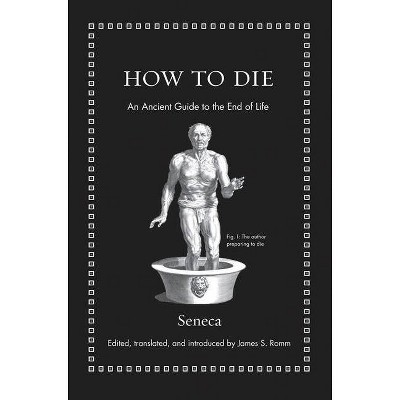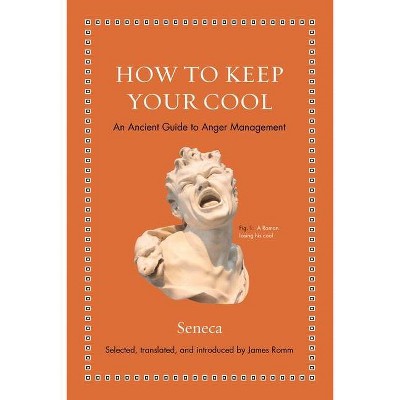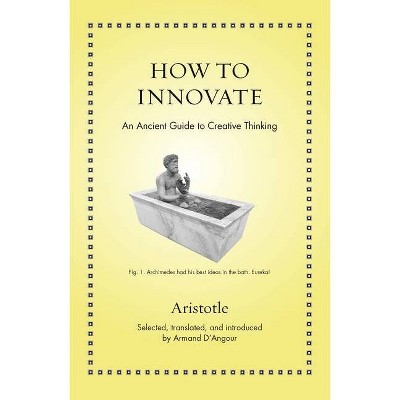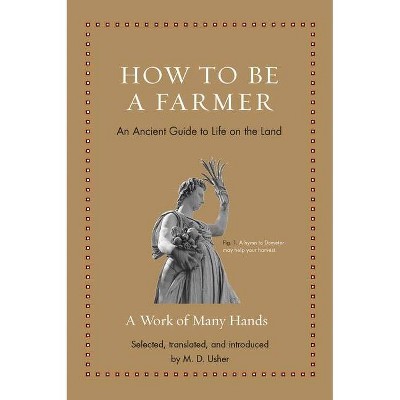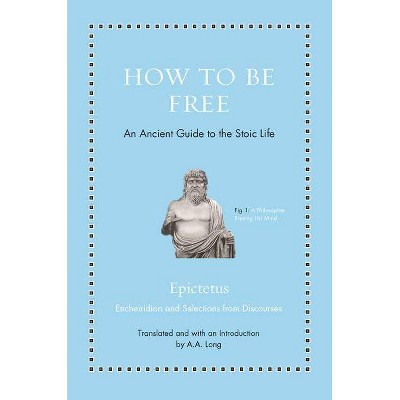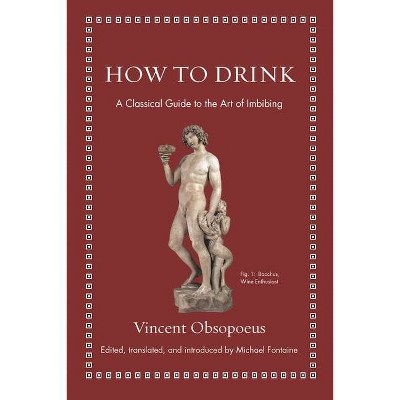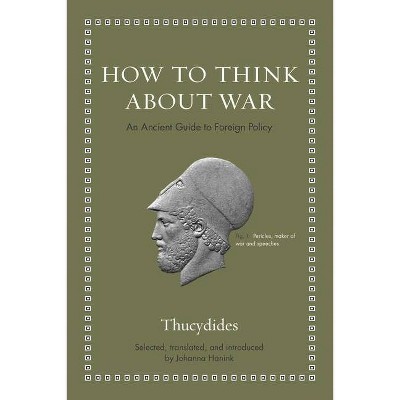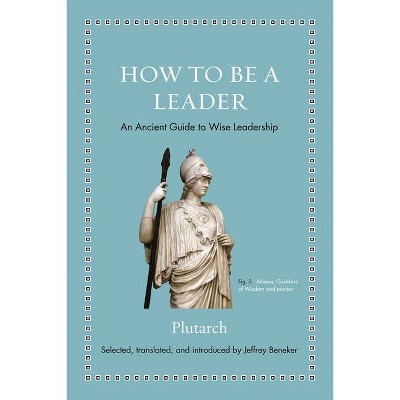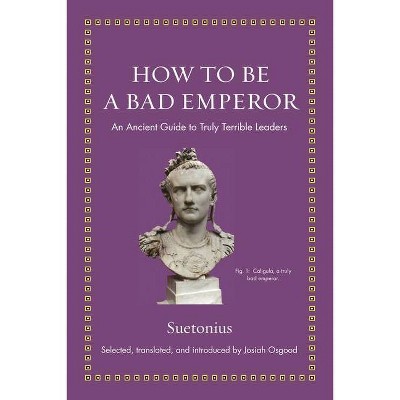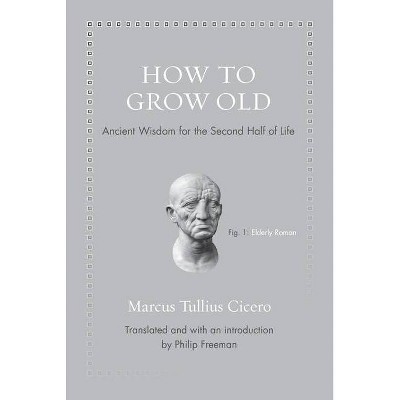How to Give - (Ancient Wisdom for Modern Readers) by Seneca (Hardcover)
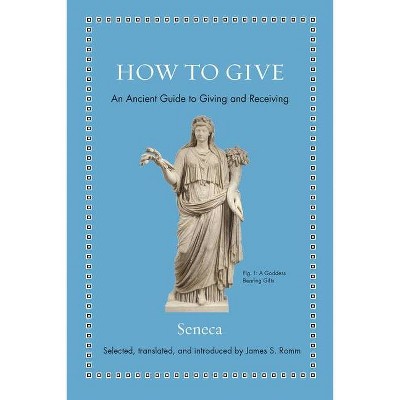
Similar Products
Products of same category from the store
AllProduct info
<p/><br></br><p><b> About the Book </b></p></br></br>"Romans in the Age of Nero were preoccupied with transactional obligations, namely, what one could expect in return for something given. Emperors firmed up their power by offering donations to troops, or handouts to the public; rich men received hosts of clientelae every morning, godfather-style, promising favors or granting petitions in exchange for gifts or loyalty. Even the gods could be bought: A Roman often intoned the formula do ut des, "I give so that you may give," while making sacrifice. The Roman statesman and philosopher Seneca explored the complexities of giving and receiving in his longest ethical treatise, which goes under the title De Beneficiis. Sometimes rendered "benefit," the word beneficium denotes any gift, favor, or good turn, that is, anything that incurs (or seeks to incur) an obligation from the receiver. In this book, James Romm (translator of How to Die and How to Keep Your Cool), proposes to abridge and translate this work for modern readers under the above title. Seneca, Romm maintains, held his readers and humanity to a higher standard when it came to generosity. On his view, giving and receiving were not merely contractual matters, like business or banking, but followed higher principles of mutual care and respect. The motives behind giving, and the way it is carried out, need to be carefully examined, lest the receiver gain a boon but lose their moral standing in the process, or lest the giver exert coercive or self-serving pressures (ahem, lobbyists). He turned over every facet of the topic and used it as a way to expound larger Stoic principles regarding the interconnectedness of the human race. His aim was to urge his readers to redouble their efforts to give and receive wisely, to express gratitude when we receive a boon, and to transcend our darker, selfish impulses. In generosity, Seneca argues, lies the hope of preserving civilized life in the face of chaos"--<p/><br></br><p><b> Book Synopsis </b></p></br></br><p><b>Timeless wisdom on generosity and gratitude from the great Stoic philosopher Seneca</b> <p/>To give and receive well may be the most human thing you can do--but it is also the closest you can come to divinity. So argues the great Roman Stoic thinker Seneca (c. 4 BCE-65 CE) in his longest and most searching moral treatise, "On Benefits" (<i>De Beneficiis</i>). James Romm's splendid new translation of essential selections from this work conveys the heart of Seneca's argument that generosity and gratitude are among the most important of all virtues. <p/>For Seneca, the impulse to give to others lies at the very foundation of society; without it, we are helpless creatures, worse than wild beasts. But generosity did not arise randomly or by chance. Seneca sees it as part of our desire to emulate the gods, whose creation of the earth and heavens stands as the greatest gift of all. Seneca's soaring prose captures his wonder at that gift, and expresses a profound sense of gratitude that will inspire today's readers. <p/>Complete with an enlightening introduction and the original Latin on facing pages, <i>How to Give</i> is a timeless guide to the profound significance of true generosity.</p><p/><br></br><p><b> Review Quotes </b></p></br></br><br>This new translation of Seneca the Younger's <i>De Beneficiis</i> has insights for both givers and receivers, confirming that the questions surrounding philanthropy--and how to receive as well as to give graciously--are of enduring importance.<b>---Austin Detwiler, <i>Philanthropy Daily</i></b><br><br>Thoughtful advice<i>. . . . How to Give</i> is as much about receiving as it is about giving.<b>---John J. Miller, <i>National Review</i></b><br><br>[Romm] is very helpful in his introduction . . . [and his] short summations show a clear mastery of his material.<b>---Ray Morris, <i>Classics for All</i></b><br><br>Engaging. . . . [Seneca] has seldom seemed wiser.<b>---Steven Donoghue, <i>Open Letters</i></b><br><br>In a helpful running commentary that accompanies his vigorous translation, [James] Romm glosses Seneca to mean that the best gifts are given anonymously and received gratefully. . . . For the stoically inclined, a fine vade mecum come donation time.-- "Kirkus Reviews"<br><p/><br></br><p><b> About the Author </b></p></br></br><b>James Romm</b> is the editor and translator of Seneca's<i> How to Keep Your Cool </i>and <i>How to Die </i>(both Princeton) and the author of <i>Dying Every Day: Seneca at the Court of Nero</i>. He has written for the <i>Wall Street Journal</i>, the <i>New York Review of Books</i>, and the <i>London Review of Books</i>, among other publications. He is the James H. Ottaway Jr. Professor of Classics at Bard College and lives in Barrytown, New York.
Price History
Cheapest price in the interval: 15.69 on October 22, 2021
Most expensive price in the interval: 15.69 on November 8, 2021
Price Archive shows prices from various stores, lets you see history and find the cheapest. There is no actual sale on the website. For all support, inquiry and suggestion messages communication@pricearchive.us
